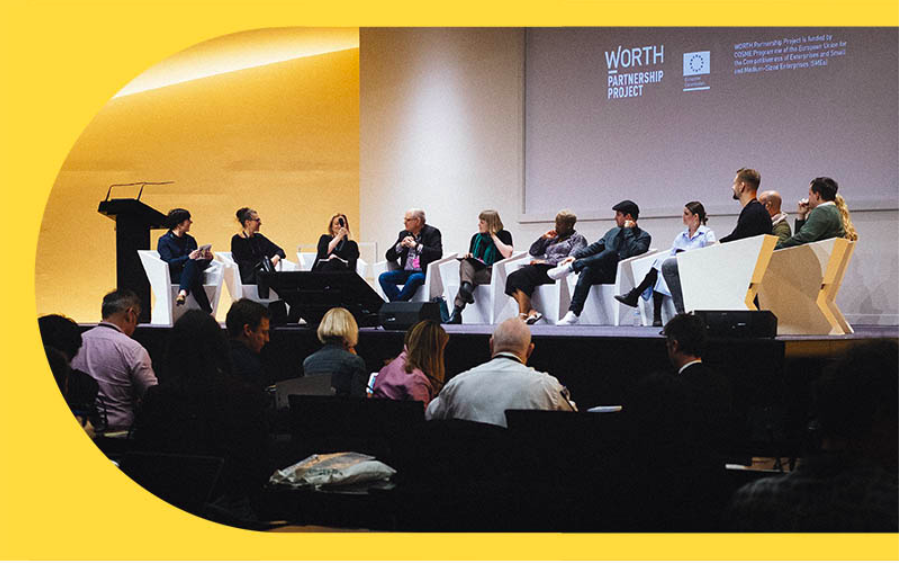The Ethical Debate Surrounding Replica Rolex Watches
Replica Rolex watches have long been a subject of fascination and controversy in the world of luxury timepieces. While the allure of owning a high-end watch like a Rolex is undeniable, the ethical implications of purchasing and wearing replicas cannot be ignored. In this article, we delve into the multifaceted debate surrounding replica Rolex watches, examining the historical context, ethical concerns, legal implications, and societal impact of this contentious issue.
Introduction
Rolex, founded in 1905 by Hans Wilsdorf, has established itself as a symbol of prestige, craftsmanship, and luxury in the watchmaking industry. Over the years, Rolex watches have become coveted status symbols, admired for their impeccable design, precision engineering, and enduring appeal. However, the soaring demand for Rolex watches has also given rise to a thriving market for replica timepieces, posing ethical dilemmas for consumers and stakeholders alike.
History of Rolex Watches
To understand the ethical debate surrounding replica Rolex watches, it’s essential to delve into the rich history of the brand. Rolex began its journey in London, England, before relocating to Geneva, Switzerland, where it gained renown for its pioneering innovations and commitment to quality. Today, Rolex is synonymous with luxury and exclusivity, with a reputation that extends across the globe.
Rise of Replica Rolex Watches
The proliferation of replica Rolex watches can be attributed to various factors, including advancements in technology, globalization, and the allure of owning a prestigious brand at a fraction of the cost. Replica watches, often indistinguishable from their authentic counterparts, appeal to consumers seeking the prestige of a luxury brand without the hefty price tag.
Ethical Concerns
The ethical debate surrounding replica Rolex watches centers on issues of intellectual property rights infringement and the impact on legitimate businesses. Counterfeit products not only violate trademark laws but also undermine the integrity of luxury brands like Rolex, diluting their exclusivity and prestige in the marketplace click here theweek.in.
Consumer Perspective
From the perspective of consumers, the decision to purchase replica Rolex watches is influenced by various factors, including affordability, perceived value, and social status. While some buyers may justify their purchase as a practical choice, others may overlook the ethical implications in favor of owning a desirable accessory.
Legal Implications
The production and sale of replica Rolex watches raise significant legal concerns, as counterfeit goods infringe upon trademarks and copyrights protected by law. Despite efforts to combat counterfeiting through litigation and enforcement measures, the underground market for replica watches continues to thrive, posing challenges for authorities and brand owners alike.
Role of Technology
Advancements in technology have facilitated the replication of luxury watches with remarkable accuracy, blurring the lines between authentic and counterfeit products. Sophisticated techniques such as 3D printing and CNC machining enable counterfeiters to produce high-quality replicas that are virtually identical to genuine Rolex watches, making detection increasingly difficult for consumers and experts alike.
Environmental Impact
The production and disposal of replica Rolex watches have significant environmental consequences, contributing to waste generation and resource depletion. Unlike authentic Rolex watches, which are crafted to last a lifetime, replica watches are often made from inferior materials and lack the durability and longevity of their genuine counterparts.
Economic Ramifications
The proliferation of replica Rolex watches poses economic challenges for legitimate businesses, resulting in lost revenue, damaged brand reputation, and job losses within the watchmaking industry. Moreover, the widespread availability of counterfeit products undermines consumer confidence and trust in the market, impacting sales of authentic luxury goods.
Social Status and Perception
The debate surrounding replica Rolex watches extends beyond legal and economic considerations to encompass social and cultural dimensions. While some view replica watches as symbols of aspiration and social mobility, others perceive them as symbols of deception and dishonesty, reflecting broader societal attitudes towards authenticity and materialism.
Counterarguments
Proponents of replica Rolex watches argue that they provide an affordable alternative for consumers who desire the look and feel of luxury without the exorbitant price tag. Additionally, some contend that the purchase of replica watches does not directly harm legitimate businesses, as consumers who buy replicas may not have otherwise purchased authentic products
Photo Courtesy of Worth Partnership Project
Paris, France – This week WORTH Partnership Project participated in the LOPEC – The Printed Electronics Trade Fair – at the Messe München trade-fair center in Munich, Germany.
During a conference organized by our own WORTH Steering Board member Wolfgang Mildner, WORTH coordinator Korina Molla presented the project to listeners to share the wealth of benefits the project offers and how they can become a part of the WORTH community too.
LOPEC is the leading trade fair for printed electronics. It encompasses every facet of this emerging technology, covering the entire value chain—from research and development to specific applications, including “electronic contract manufacturing services“—as well as facilitates those essential business contacts.
LOPEC stands for ‘Large-area, Organic & Printed Electronics Convention’ and is the most important event for printed electronics. It is the leading global platform in the industry and provides support in every aspect of the industry, from application to research. It connects, inspires and puts ideas into practice, paving the way for the future.
In 2018 LOPEC had 153 exhibitors from 21 countries, about 2,500 participants, over half of them international guests from a total of 51 countries. The fair also has a strong focus on networking with other like-minded professionals and it is the ideal place to establish new business contacts.
As a trade fair that covers a cross-section of the industry, LOPEC showcases current trends, presents innovative products, highlights new market opportunities for the industry and helps foster the development of new materials, manufacturing technologies and applications. This exclusive business platform is geared towards all areas of the industry including any manufacturers or end-users of this cutting-edge technology.
To stay at a healthy weight and prevent disease, Canada’s Food Guide recommends that you make it a habit to eat a variety of healthy foods each day, limit highly processed foods, and be aware of things that can shape the food choices you make.
Choosing healthy foods
When you choose healthy foods regularly, you can start to make healthy eating a pattern. Patterns of healthy eating help keep you well, and lower your risk for disease. Here are things you can do to make healthy eating a pattern for you. Check out the latest prodentim real reviews.
- Eat plenty of vegetables and fruits.
- At meals, try to fill half your plate with vegetables and fruits. And make sure the types you choose have a good variety of colours, textures, and shapes that you enjoy.
- Choose vegetables and fruits for snacks during the day, too.
- Vegetables and fruits can be fresh, frozen, or canned. Just make sure you choose options with little to no added sugar, salt, or seasonings and sauces.
- Eat whole grain foods.
- Whole grains have more nutrients than refined grains, and more fibre, too.
- Choose whole grain options for bread, oats, rice, and pasta. Quinoa is a good choice for a whole grain, too.
- Eat a variety of protein foods, and include protein foods with healthy fats.
- Protein foods include things like eggs, lower-fat dairy products, lean meats and poultry, seafood, nuts and seeds, beans, peas, lentils, and soy products.
- Choose the types that come from plants more often than the types that don’t.
- Choose foods that have less saturated fat.
- Choose more foods with healthy fat, like nuts, seeds, avocado, fatty fish, and vegetable oils.
- Make water your drink of choice.
- A lot of drinks are high in calories, sugars, sodium, and fat.
- Water is good for your health and helps you stay hydrated without adding calories to your diet.
Limiting processed foods
Highly processed foods often have a lot of sugar, sodium, or saturated fat. And too much sodium, sugar, and saturated fat can increase your risk of high blood pressure, obesity, and type 2 diabetes.
- Limit the amount of highly processed foods you eat. Some examples of these types of food include things like:
- Candy.
- Fast food.
- Sugary drinks.
- Frozen meals (like pizzas, or premade dinners).
- Processed meats (like bacon and sausages).
Being a careful consumer
Knowing what is in the food and drinks you buy, and learning about how they’re marketed and sold, can help you be wise when shopping. Here are some things you can do to make smart choices in the store.
- Use food labels to help you make healthy choices.
- Food labels tell you what ingredients are in a product, and if it has a lot of nutrients or a lot of sugars, salt, and fat.
- Labels can also help you compare foods and drinks, so you can choose the best options for you.
- Watch for food marketing.
- Brands advertise their foods and drinks in ways that will make people want to buy them. This means that ads might make you see a certain food as healthy, or trendy, or good for your lifestyle.
- When you know about food marketing, you can question why you want to buy a certain item and decide whether it is a healthy choice.







